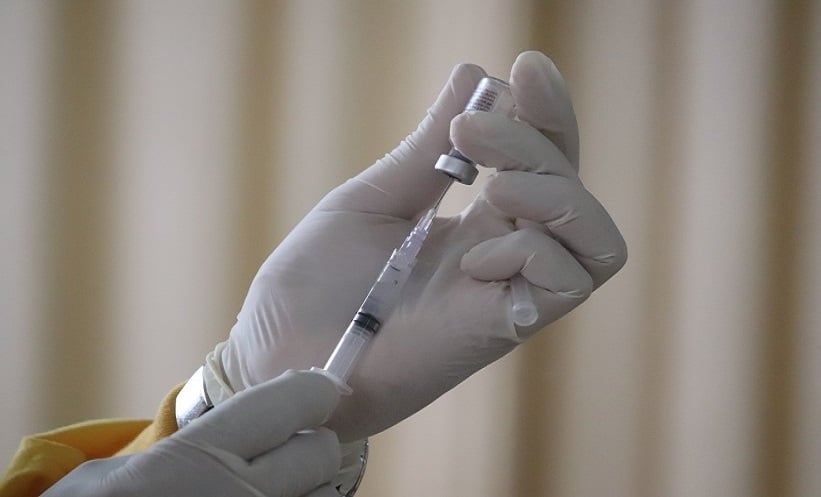INFLUENZA vaccination results in a significant decrease in hospitalisations related to heart failure, non-fatal myocardial infarctions, non-fatal stroke, and cardiovascular death in patients with a history of heart failure, according to new research. The incidence of heart failure has doubled in the last 30 years, and it is known that influenza infection increases the risk of cardiovascular incidents and death. Therefore, researchers conducted a study to understand if vaccination would reduce the risk of cardiovascular events in patients with heart failure.
The randomised, placebo-controlled trial, which was conducted in 30 locations in 10 different countries, compared the effects of influenza vaccination on the incidence of cardiovascular events in patients with a history of heart failure to placebo, over three influenza seasons. Participants included patients over 18-years-old who were clinically diagnosed with heart failure and excluded patients who presented contraindications to the vaccine or had received the vaccine in the last 3 years, as well as patients who had severe valvular disease that required surgery to replace or repair heart valves. The patients were assigned randomly to the placebo group, who were administered saline, or the vaccination group, who received the influenza vaccine. The primary outcomes were hospitalisations related to heart failure, non-fatal myocardial infarctions, non-fatal stroke, and cardiovascular death, and secondary outcomes also included pneumonia, all-cause hospitalisation, and all-cause death.
The researchers noted a significant decrease in both primary and secondary outcomes in the vaccination group during peak influenza season; however, these results were not statistically significant over the entire observation period. Primary outcomes occurred in 380 participants of the vaccination group and 410 of the placebo group. While the secondary outcomes of all-cause hospitalisation and pneumonia were lower in the vaccination group, other secondary outcomes did not show a significant decrease. Researchers noted that during peak influenza periods, both outcomes were significantly decreased in the vaccination group, compared to the placebo group.
The study concluded that while there was no significant reduction over the entire observation period, there is still a clinical benefit to administering the vaccine, as there was a significant decrease in pneumonia, cardiovascular events, and death during peak influenza periods.








